Vietnam-based MEY Network has announced the sale of NFTs representing luxury real estate.
The competition among real-world asset tokenization is heating up. On Tuesday, May 12, the MEY Network announced the launch of property token offering NFTs, enabling regular traders to invest in high-value real estate.
PTO NFT Mint → RWA Supercycle 🏠
🚪 Exclusive NFT mint coming your way.
🚪 Passive income with consistent returns.
🚪 Fractional, liquid, and accessible ownership.
🚪 Gain access to 40+ tokenized properties worldwide.Learn more here: pic.twitter.com/y7dYPyfZUu
— Mey Network (@Mey_Network) May 13, 2025
Before asset tokenization, luxury real estate investment was accessible only to institutional and wealthy investors. However, tokenization enables anyone to purchase a fractional share of a property, earning both a portion of rental income and benefiting from potential appreciation.
“Real estate has traditionally been accessible only to institutional investors and high-net-worth individuals. With PTO NFTs, we are introducing a model that broadens access while leveraging blockchain for transparency and liquidity,” MEY Network spokesperson.
Specifically, PTO NFTs represent a fraction of a single property and are tied to both its value and rental income. MEY Network states that this is a more accessible way for everyday investors to enter the luxury real estate market.
You might also like: MiCA won’t shape the future of RWA tokenization | Opinion
Currently, PTO NFTs represent over 40 tokenized properties across several major cities worldwide, and MEY Network plans to introduce more listings on the platform.
The RWA market hits an ATH
Asset tokenization is becoming one of the most promising applications for blockchain tech. In March, the total value locked of all RWA assets reached an all-time high of $10.67 billion. Much of this TVL came from BlackRock’s tokenized fund, which accounted for more than 15% of the total.
Tokenized real estate enables ordinary investors to enter private markets while keeping their portfolios diversified. However, tokenization also presents risks, including those of trust and management. For one, tokenized real estate assets all need property managers, who can have incentives that are different than the actual owners. At the same time, token owners rely on the trustworthiness of the platform that they use.
Read more: Tokenization empowers investors and disrupts Wall Street | Opinion


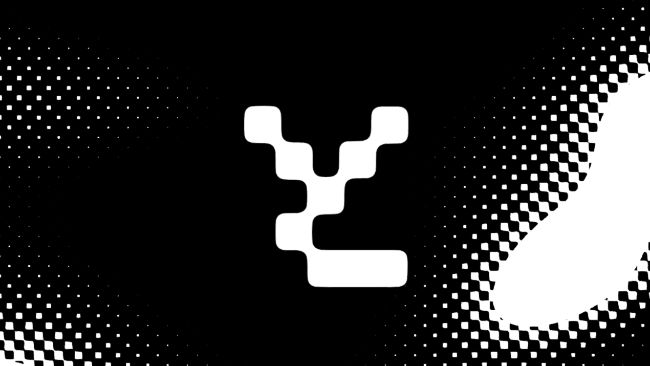
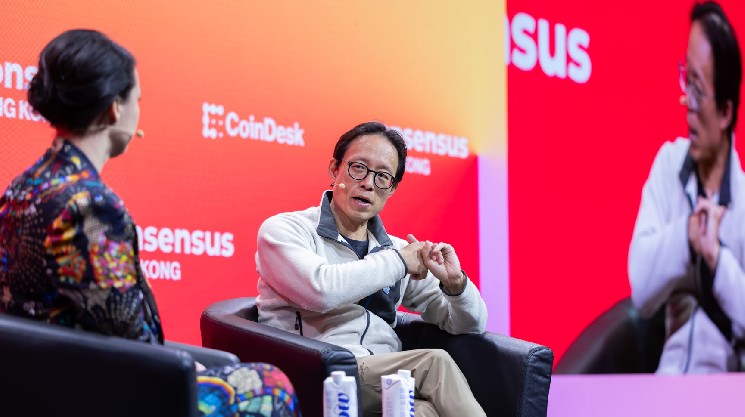

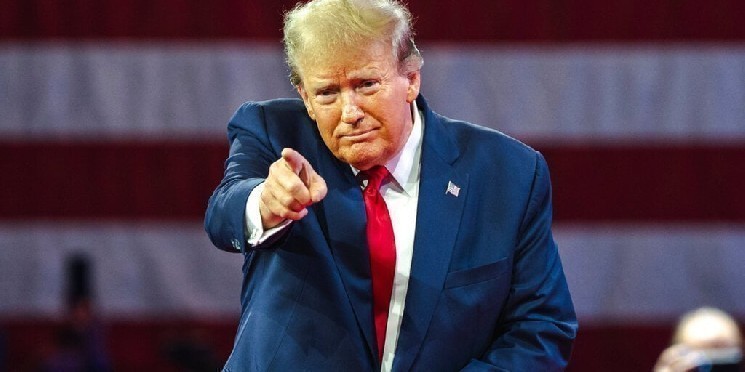
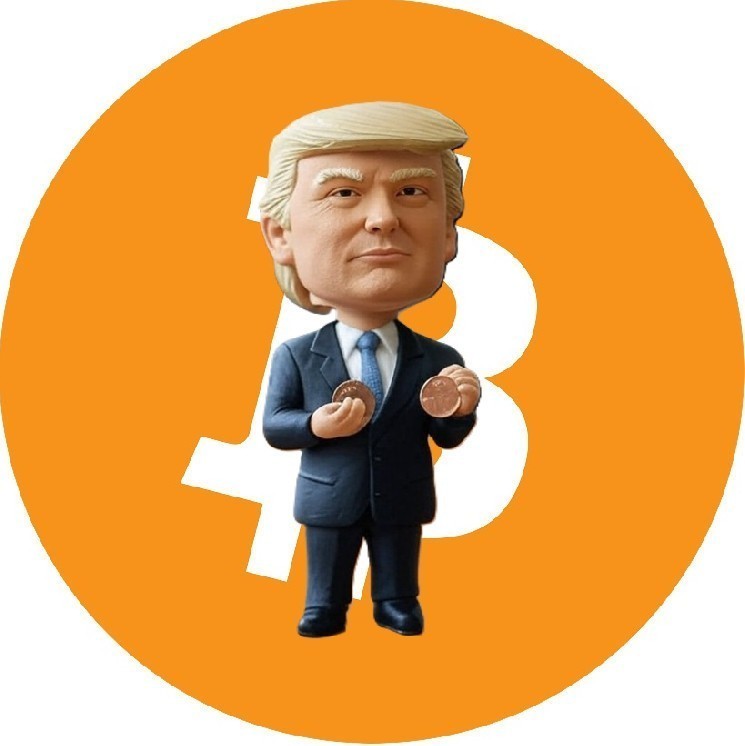

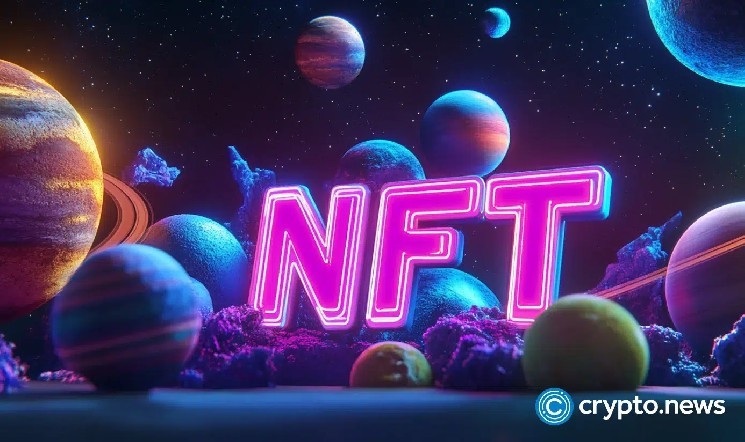



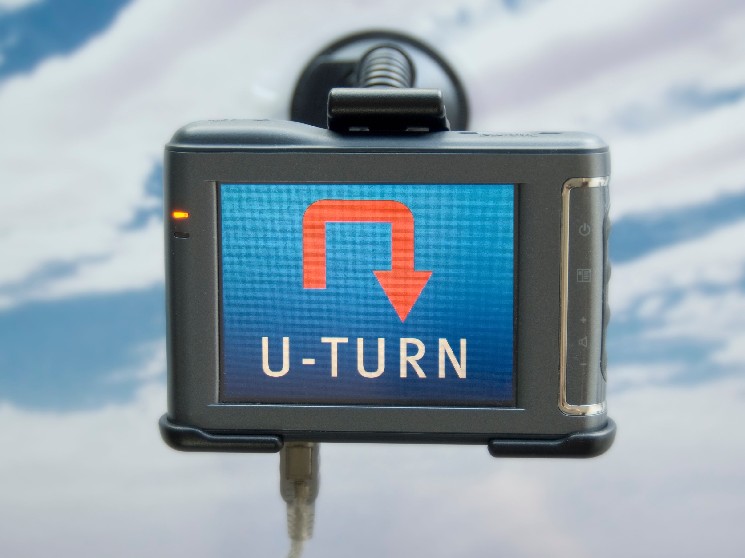
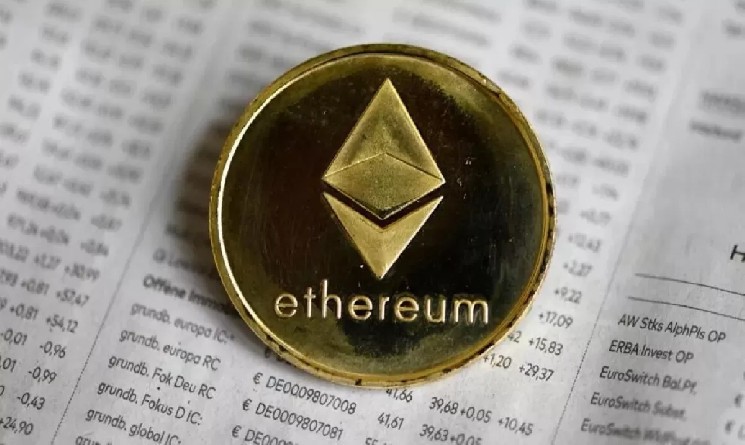

Leave a Reply